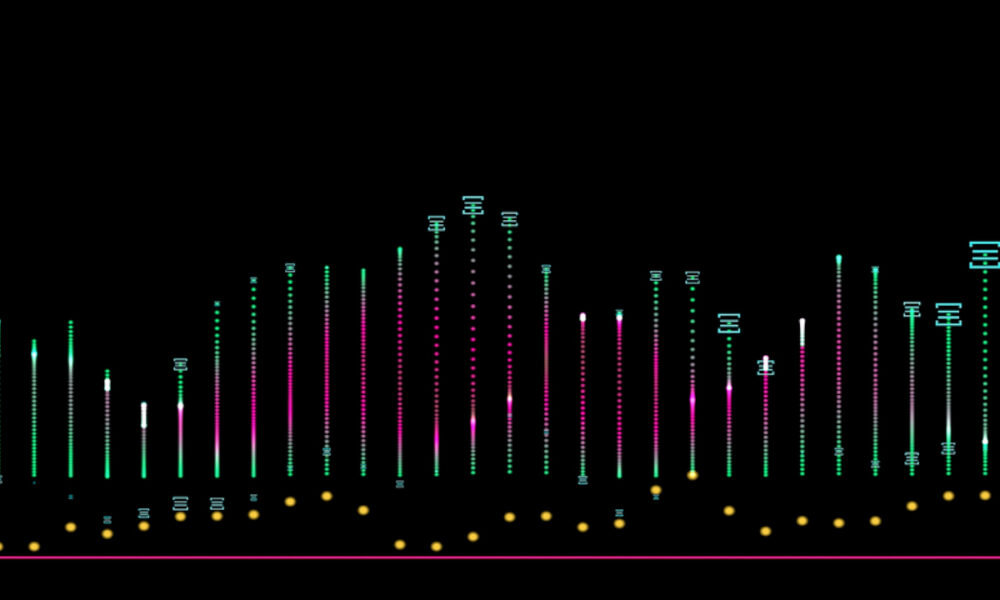STBL, the once-$300 million coin that Tether co-founder Reeve Collins launched a month ago, has dumped 80% as of publication time.
Five wallets, all funded via Tornado Cash on March 13, 2024, ranked among the coin’s most profitable traders and extracted a combined $17 million.
This means that the asset now has a mere $50 million in market cap left for everyone else.
Dozens of sales — heavily weighted toward its lofty debut and price spikes through early October — showcase curious trading prowess.
Collins claims that STBL, which briefly benefitted from his fame as a Tether co-founder, is a governance token for USST. He also calls it a “next evolution” USD-pegged stablecoin, despite it apparently having less than $1.6 million worth of available collateral.
The coin isn’t even listed on CoinMarketCap or CoinGecko.
By comparison, tether (USDT) has over $162 billion in collateral.
Collins previously served as CEO of Tether, a role now occupied by Paolo Ardoino, and Tether claimed Collins was “one of the first employees of A Quantive, which Microsoft acquired for $6.6 billion.”
Collins also raised $70 million for a gambling business, Pala Interactive.
A long way down since CEO at Tether
Unlike Tether’s largest shareholders, Collins isn’t listed on any major billionaire leaderboards.
Tether Chairman Giancarlo Devasini could be worth $13 billion to $224 billion, while CEO Paolo Ardoino and former CEO Jean-Louis van der Velde could both be worth $9 billion to $95 billion.
The high end of these wide ranges are due to a marked up valuation for Tether’s $15 billion open fundraising round.
Despite co-creating a company that claims to be one of the most profitable enterprises per employee in the history of humanity, neither Forbes nor Bloomberg estimates Collins to be a billionaire.
Read more: Tether: Ten years, 100,000,000,000 USDT, and still no audit
Sadly, now, Collins also seems to be responsible for the awkward launch of a stablecoin with less than $2 million in available collateral and a governance token that’s lost four-fifths of its value within a month of launch.
He was also unable or unwilling to prevent the coordinated, $17 million worth of extractive selling of five wallets belonging to the coin’s earliest insiders.
STBL has responded to complaints about the disappointing launch, claiming to be “focused on building the best product for the users.”
It tried to broadcast reassurance, “cashing out meaninglessly by dumping tokens neither aligns with our long term goals nor does it justify the value that we are creating.”
STBL has lost one-third of its value since that reassurance.
Got a tip? Send us an email securely via Protos Leaks. For more informed news, follow us on X, Bluesky, and Google News, or subscribe to our YouTube channel.
Source: https://protos.com/tether-co-founders-new-coin-stbl-is-already-down-80/



